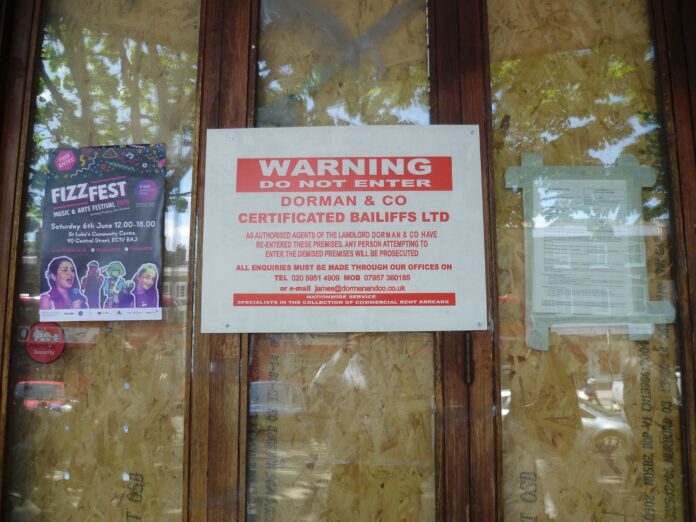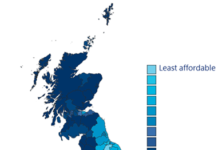
Money owed to local councils in England soared to £5.5 billion today to a new historic high, according to official figures released by the Department for Levelling Up, Housing, and Communities, as the cost of living crisis bites.
Council Tax arrears grew by over half a billion pounds (£510 million) in the year to March 2023 and have more than doubled in the last decade, according to a new analysis by the Centre for Social Justice (CSJ).
Vulnerable families, who are most at risk from high inflation and mortgage rates, can find themselves being pursued for huge sums they cannot afford after councils make them liable for a whole year’s Council Tax bill after missing just one payment.
A family in the average Band D property may miss a single payment of £206.50 and be made liable for the full annual payment of £2,065, sending them into a debt spiral.
Failure to pay the full amount sees vulnerable families passed to often unscrupulous bailiffs who visit homes to collect payment and seize goods. Bailiffs add fees at every stage of collection and can total as much as £420, worsening existing debt problems.
Since April 2021, at least 3.3 million liability orders have been granted by magistrates which give councils wide-ranging powers to recover a debt including the ability to send in bailiffs, deduct money directly from wages or benefits, force the sale of a home, or even have a debtor sent to prison.
Evidence shows that added charges, such as bailiff fees, increase the the likelihood of a client feeling anxious or depressed and more than 90 per cent of people experience a decline in their mental health when they find themselves in debt.
Bailiffs have been shown to be an ineffective debt collection method and the National Audit Office has warned government collection standards “lag behind”
The analysis comes as the CSJ calls on all local councils to ensure bailiffs they employ are signed up to the Enforcement Conduct Board, England and Wales’ new chief bailiff regulator.
It also calls on the Government to amend and update existing Council Tax regulations to put an end to residents becoming liable for their entire annual bill upon one missed payment and removing the sanction of imprisonment.
Matthew Greenwood, Head of Debt at the CSJ, said:
“We don’t live in the 1990s anymore and the vast majority of people are perfectly willing to pay their Council Tax. Outdated regulation and overzealous use of bailiffs drives vulnerable families, who can’t afford their bills, into a debt spiral while worsening their issue with further fees.
“We need a new conversation about how we help vulnerable families out of debt. It is with targeted support and long-term repayment plans that the public purse can get the money it is owed, not aggressive collection.”
Giles Watling, MP for Clacton, said:
“It cannot be fair that those struggling to make one payment are expected to pay for their entire annual bill in a single lump sum or that councils continue to let bailiffs pile fees onto vulnerable debtors without ever checking their ability to pay.”

| [donate]
| Help keep news FREE for our readersSupporting your local community newspaper/online news outlet is crucial now more than ever. If you believe in independent journalism,then consider making a valuable contribution by making a one-time or monthly donation. We operate in rural areas where providing unbiased news can be challenging. |



















